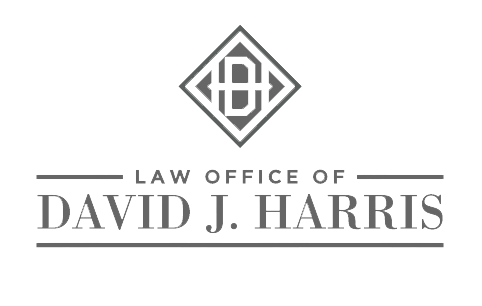More often than not, No!
A chapter 7 bankruptcy case is a liquidation or “straight bankruptcy” case, meaning that the debtor’s assets are liquidated and the proceeds are used to pay creditors’ claims. In exchange for surrendering property to satisfy claims, debtors are granted a discharge of liability on most prepetition (i.e., pre-bankruptcy) debts. However, not all of an individual debtor’s assets are liquidated to pay claims; rather, some assets are “exempt” and do not become property of the debtor’s bankruptcy case. In other words, exempt assets are not part of the pie which is liquidated and then distributed. A debtor’s claim of exemptions is at the heart of a bankruptcy case.
Permitting individual chapter 7 debtors to claim certain property as exempt serves the “fresh start” policy upon which the Bankruptcy Code is based. The items which a debtor can claim as exempt are items which are vital to a debtor’s ability to get on with his or her life after being granted a discharge. It is essential to the fresh start policy that, at an early stage in their bankruptcy cases, debtors have a clear picture regarding whether the assets they have claimed as exempt are, in fact, exempt.
Please call me to discuss your situation at (570) 823-9400 or send an e-mail to me at dh@lawofficeofdavidharris.com. You may also write to me at 69 Public Square, Suite 700, Wilkes-Barre, PA 18701.

